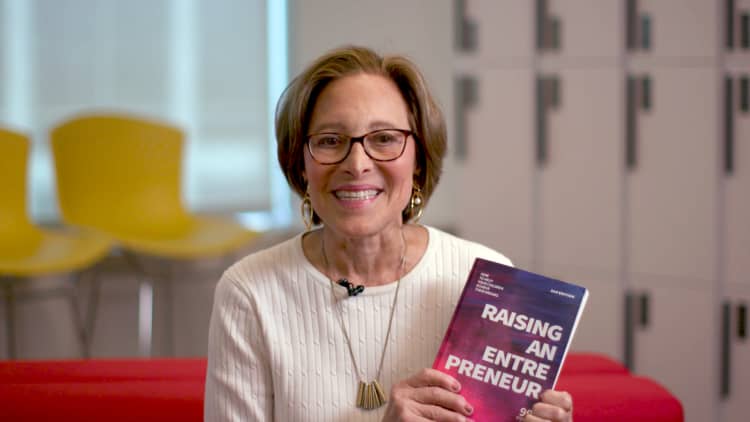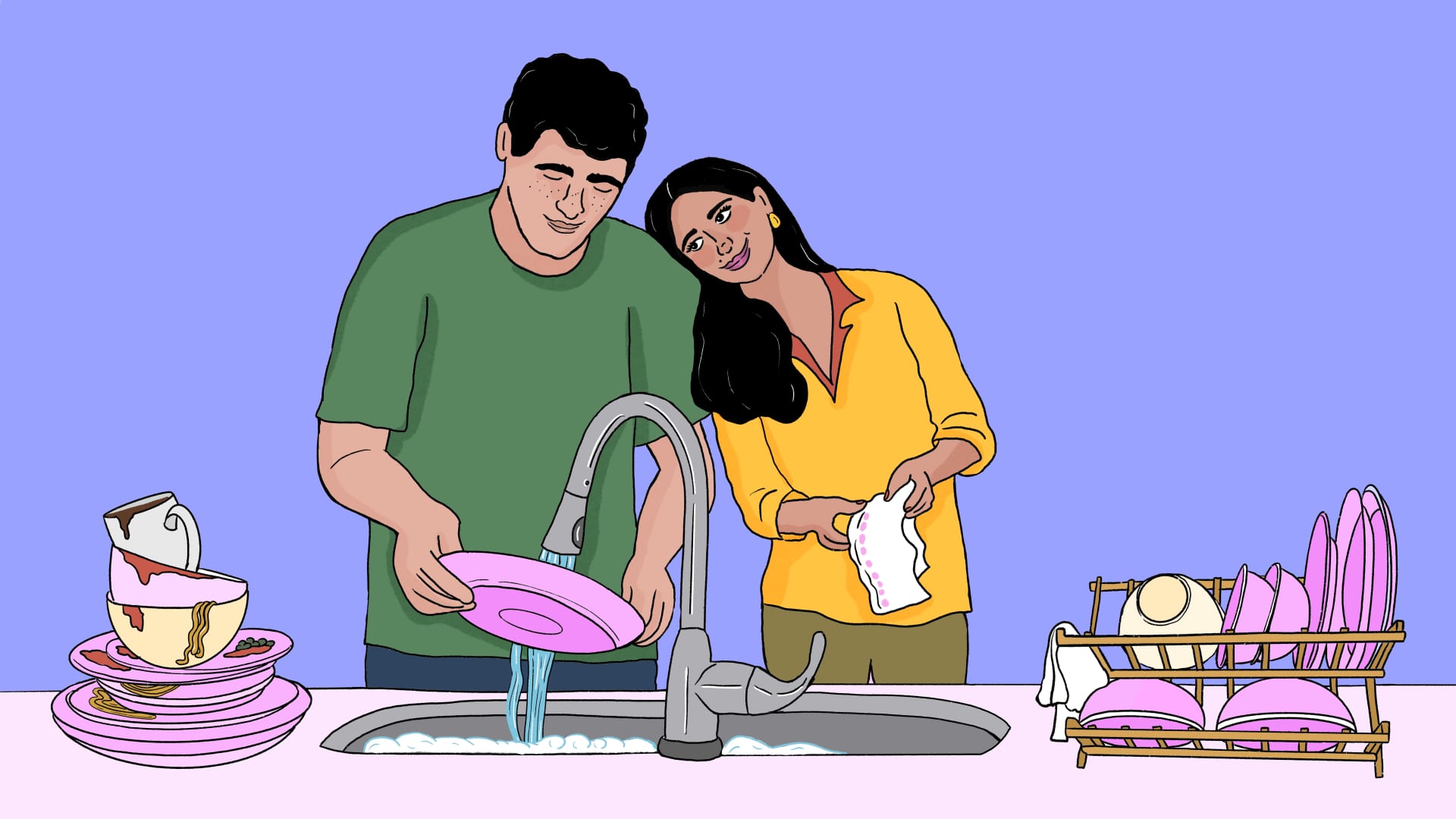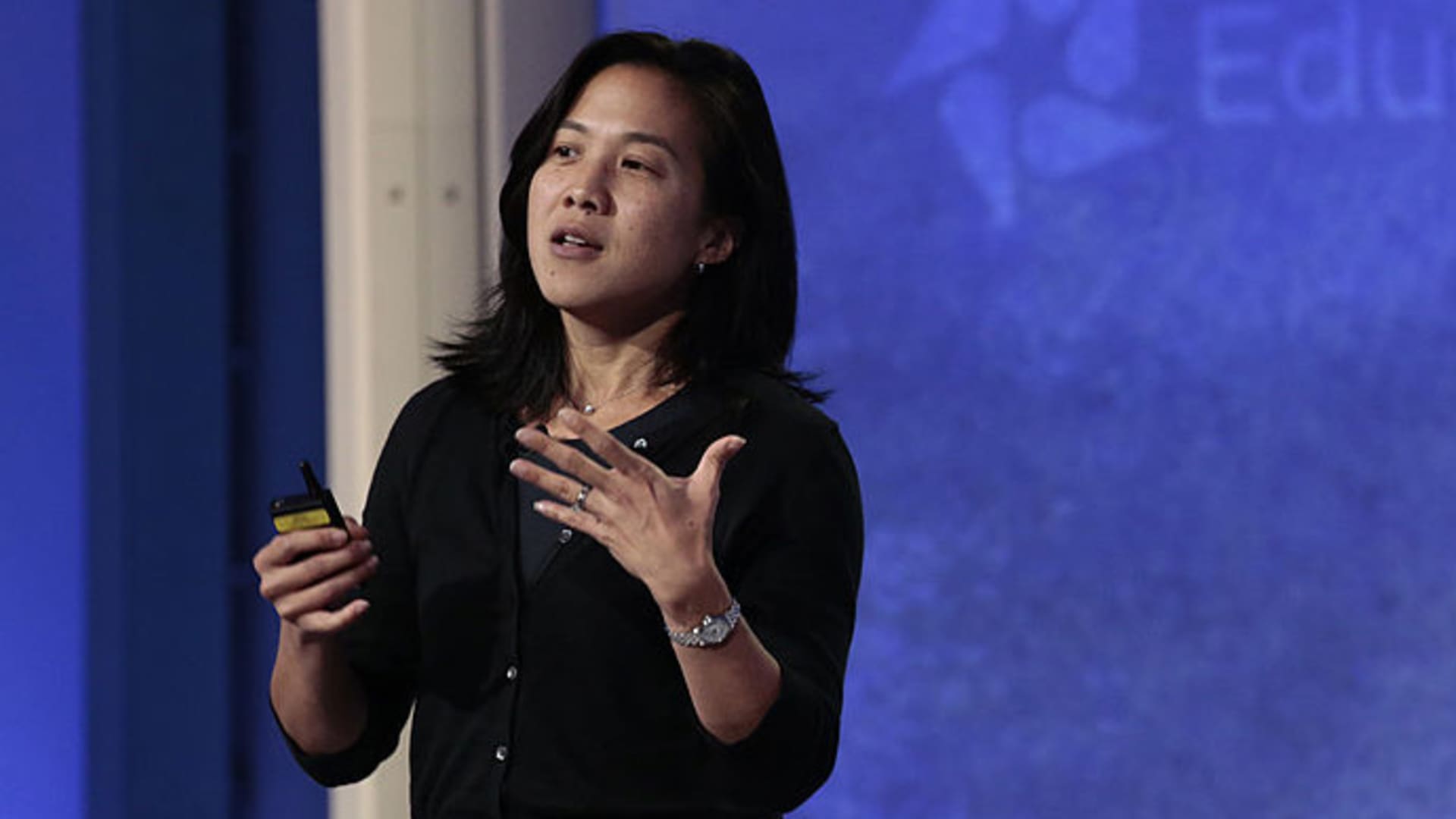Ask anyone what they think keeps a relationship strong, and they will probably tell you it’s love. There’s some truth to that: love is what draws us together in the first place.
But after years of studying couples as a psychologist, and as a husband, I’ve realized something that research keeps confirming: The real factor that keeps couples together, long after the honeymoon phase fades, is compromise.
Love alone isn’t enough
Psychologists define love as an emotion. And like all emotions, love fluctuates with stress, sleep, health, and the thousand of other factors that shape our daily lives.
So you can love your partner deeply and still get annoyed, frustrated, or angry with them. Love won’t shield you from conflict, nor will it solve your disagreements.
That’s why even the happiest couples argue and have rough patches, regardless of how much love they have for each other. The difference is that strong couples know love can’t fix everything — but compromise can.
The psychology of compromise
Compromise happens when you balance what you want, what your partner wants, and what’s best for the relationship itself.
Every couple brings together a set of habits, values, and experiences. Expecting perfect alignment is unrealistic. Instead, healthy couples learn to negotiate their reality. They turn “my way” and “your way” into “our way.”
But compromise only works when it’s rooted in a strong sense of we.
Research shows that couples who describe their conflicts using “we” language (we decided, we talked, we figured it out) feel more connected and satisfied after disagreements. When both partners see compromise as a shared effort, not a loss, it strengthens the bond between them.
What compromise looks like in real life
Compromise doesn’t always look romantic. Sometimes it means agreeing to watch a movie you’d never choose yourself. Other times, it means listening to your partner vent about something while resisting your desperate urge to offer solutions.
In my own marriage, I’ve learned that a relationship rarely demands massive sacrifices. Instead, you’ll be presented with the choice of whether or not you’re willing to meet your partner halfway.
Today, it might be who takes on which chores. Tomorrow, it might be about how you spend your evening together. Next month, it might be about how you navigate your family holidays. It might involve finding middle ground, taking turns, or agreeing to something else that neither of you had considered.
What matters is that you’re both heard and respected, and that no one feels that they have to “win” or “be right.” When you consistently make enough space for one another’s needs, you’ll build something that love alone rarely does: reliability.
Mark Travers, PhD, is a psychologist who specializes in relationships. He holds degrees from Cornell University and the University of Colorado Boulder. He is the lead psychologist at Awake Therapy, a telehealth company that provides online psychotherapy, counseling, and coaching. He is also the curator of the popular mental health and wellness website, Therapytips.org.
Want to level up your AI skills? Sign up for Smarter by CNBC Make It’s new online course, How To Use AI To Communicate Better At Work. Get specific prompts to optimize emails, memos and presentations for tone, context and audience.













